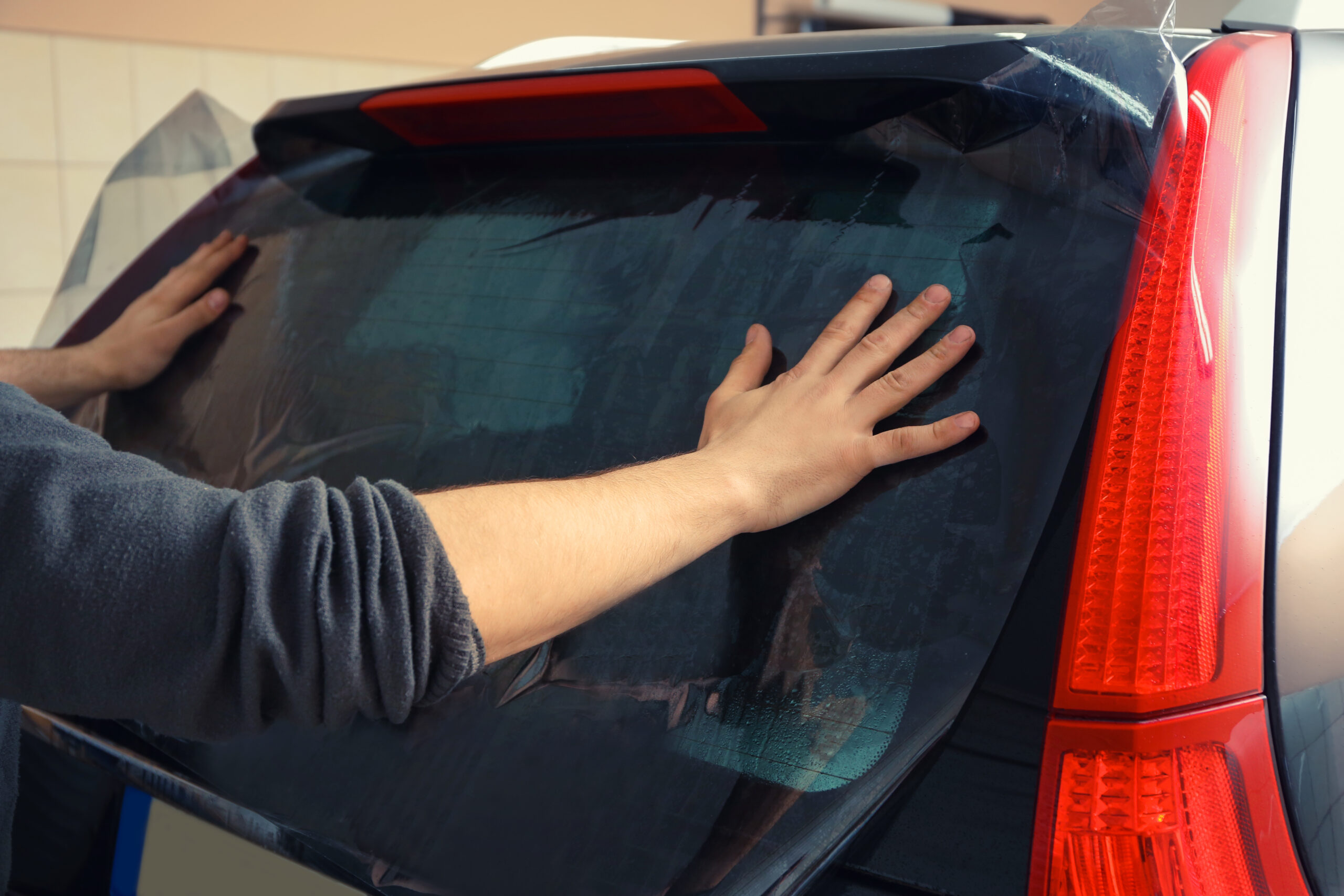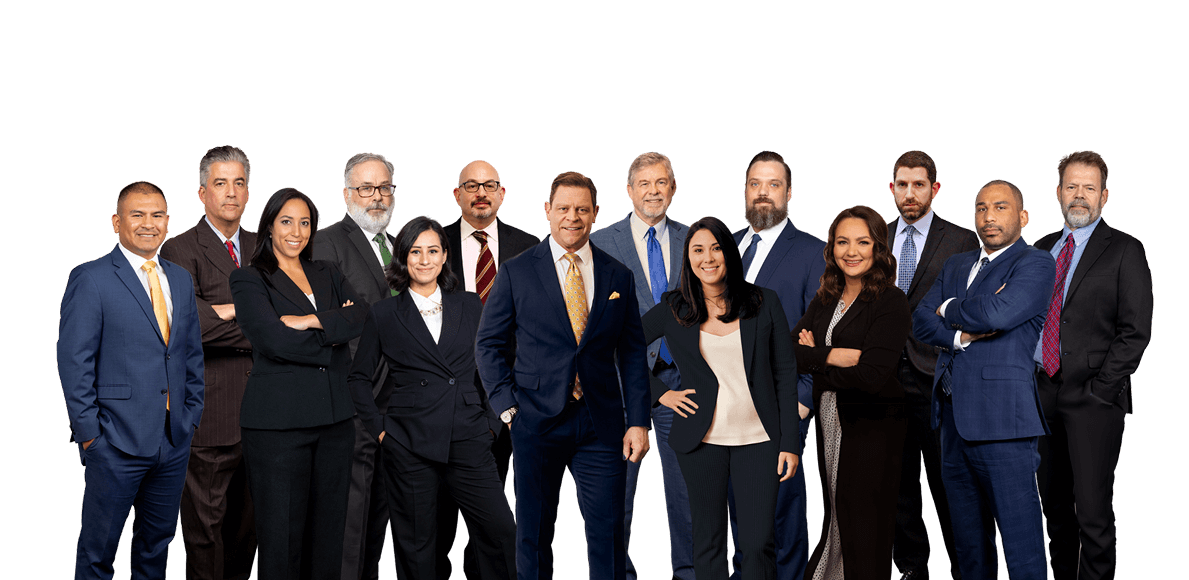Texas first enacted car window tinting laws in 2009. These regulations govern how tinting is applied to the windows of an automobile, truck, van, or SUV. Some vehicles are exempt from the window tint requirements. This tint exemption applies to law enforcement vehicles, taxis, buses, limousines, and vehicles used by persons with medical permits.
Enforcement and Penalties for Violating Texas Tinting Laws
Do you know what is the legal tint in Texas? The Texas administration is strict when it comes to car window tinting, and failure to comply with these rules can result in fines. But that’s not all, it can also lead to failed inspections and legal consequences.
The manufacturers of tinting (also known as “sunscreening”) film are required to certify the film they sell in Texas. It is important that all Texas motorists use certified film for trusted protection. Tinting devices may be applied to the windshield of a motor vehicle if the following conditions are met:
- Tinting devices must be applied above the AS-1 line. If there is no AS-1 line, the sunscreening or tinting devices must end five inches below the top of the windshield. A vehicle’s “AS-1 line” means a line extending from the letters AS-1, found on most motor vehicle windshields, running parallel to the top of the windshield or shall mean a line 5 inches below and parallel to the top of the windshield, whichever is closer to the top of the windshield.
- Tinting devices may not be red, amber, or blue in color.
- Tinting devices, when measured in combination with the original glass, must have a light transmittance value of 25% or more.
- Tinting devices, when measured in combination with the original glass, must have a luminous reflectance value of 25% or less.
- A clear or un-tinted UV film is allowed anywhere on the front windshield without a medical exemption being required.
Texas regulates the amount of light allowed in a vehicle with tinted windows. In other words, window tint on cars in Texas must allow a certain percentage of light to pass through a car window’s film and glass.
What Texas uses to measure the amount of light is called Visible Light Transmission, or VLT. Window tint in Texas must allow a certain percentage of visible light through the combination of film and the window. Texas laws contain specific regulations based on whether the motor vehicle is a sedan, SUV, or van.
What Are Texas Window Tint Laws?

Window tint darkness requirements for sedans, SUVs, and vans are as follows:
- Windshield: 25% VLT tint is allowed above the manufacturer’s AS-1 line or top 5 inches, with less than 25% reflection.
- Front Side windows: Must allow more than 25% of light in.
- Back Side windows: Any darkness can be used.
- Rear Window: Any darkness can be used with side outside mirrors, 25% VLT without.
Window Tint Reflection Guidelines
Window tinting film containing metallic elements can reflect incoming light and reduce the glare and heat generated by visible light. Texas law permits a specific window reflection when tinting sedans, SUVs, and van windows.
- Front Side windows: Must not be more than 25% reflective.
- Back Side windows: Must not be more than 25% reflective.
What Happens If a Driver Violates Texas Tinting Laws?
Any law enforcement officer in Texas are authorized to stop a vehicle to check if they suspect the window tint. They will ensure the vehicle has legal tint in Texas.
The officers have specialized tools like Visible Light Transmission (VLT) to determine its compliance with the Texas window tint law. If a violation is detected, the driver may face penalties, including fines and warnings.
Fines and Penalties for Illegal Window Tint
According to Texas window tint laws, it can lead to financial penalties. The consequences typically include:
- First-time offense: According to Texas tint laws, first-time offenders can be charged with a fine ranging from $100 to $200.
- Repeat offenses: For those repeating the same mistake of going beyond the legal front window tint in Texas, higher fines are applicable.
- Fix-it tickets: Law enforcement officers can also issue a warning asking the offenders to fix or remove the tint. Failure to comply with these instructions and comply with legal tint in Texas can attract additional fines or legal consequences.
According to Texas Tint Laws, Can Illegal Tint Result in a Failed Vehicle Inspection?
It is mandatory for Texas vehicles to complete a safety inspection test and ensure compliance with legal front window tint in Texas. Failure to comply means the vehicle will fail inspection, and the owners cannot renew registration.
To pass the inspection, vehicle owners need to:
- Get rid of the illegal tint;
- Replace it with a legal tint in Texas;
- Get a medical exemption certificate;
Additional Texas Tint Laws and Exemptions
Some miscellaneous regulations include the requirement of dual side mirrors if the vehicle’s rear window is tinted. A sticker to identify legal tinting is required between the film & glass on the driver’s side window.
Texas allows medical exemptions for special tint. Meeting these requirements necessitates the assistance of a tinting professional who has the experience and ability to make all of the measurements necessary to determine whether the vehicle meets Texas’ legal requirements.
Some groups are exempt from these laws. Vehicles belonging to police, or vehicles belonging to a law enforcement agency, that are intended to be used for law enforcement purposes are exempt from Texas window tinting regulations.
Similarly, vehicles that are used for medical purposes are also exempt from following Texas window tinting laws. If you have a medical reason to require a darker tint on your car, you would need a signed explanation and statement from a licensed physician or ophthalmologist in order to apply for exemption from the Texas Department of Public Safety, Regulatory Services Division for medical tint.
The final group exempt from Texas window tinting laws are vehicles owned by transport agencies that are intended for passenger transportation. Limousines, buses, and taxis are all exempt from window tinting laws in Texas.
Can I Get a Medical Exemption for Window Tint in Texas?
Texas has some strict regulations for window tint, but there are some medical exemptions. This allows certain individuals who have obtained permission to tint the windows more than the prescribed limit.
Medical conditions that qualify for the exemption under legal tint in Texas laws include;
- Lupus
- Albinism
- Severe burns or scarring
- Photosensitivity disorders
- Porphyria
These are the conditions where exposure to the sun can harm a person’s health. Hence, with proper paperwork, they can tint the windows.
Need more information on legal tint limits in Texas and related laws? Contact DJC Law, ask the experts, and get all your answers.
Contact Us Today

The DJC Law Texas Injury Lawyers can help anyone who has suffered any type of personal injury. Our firm is founded on the concept that every client is entitled to the highest level of respect and attention.
We are Austin’s choice for skilled, experienced, and dedicated Austin car accident lawyers. We offer legal representation that produces quality service, a high level of attorney-client communication, and aggressive representation.
If you have been harmed by the reckless or negligent act of another in any type of accident, contact us today to consult with an experienced injury attorney.



